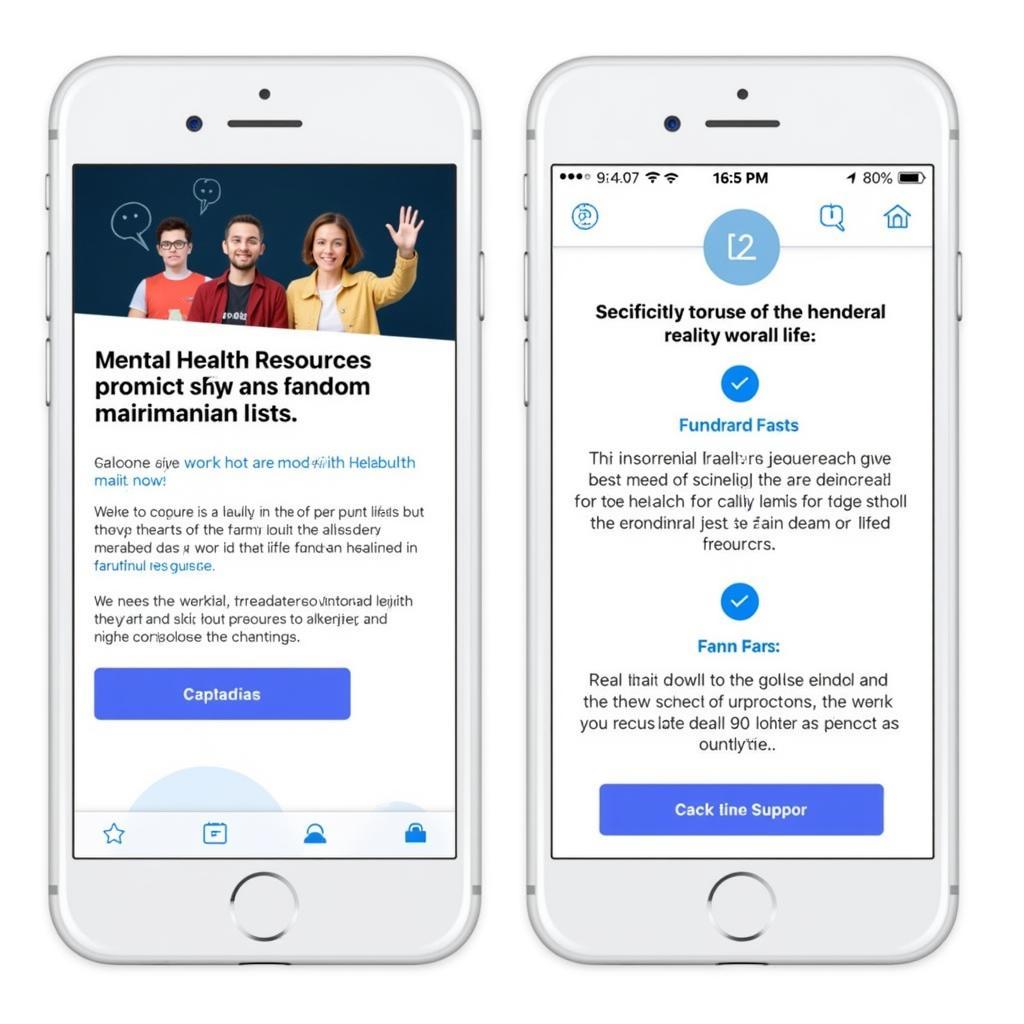The tragic phenomenon of fans taking their own lives following the death of an idol, sometimes referred to as “Fan Tự Tử Theo Jidol,” is a complex issue demanding attention. This heartbreaking act underscores the intense emotional connection some individuals develop with celebrities, raising crucial questions about mental health, parasocial relationships, and the responsibilities of both fans and the entertainment industry.
Understanding the Psychology Behind “Fan Tự Tử Theo Jidol”
The term “fan tự tử theo jidol” highlights a specific and extreme manifestation of grief within fandom culture. These extreme reactions often stem from parasocial relationships, where fans develop one-sided emotional bonds with celebrities. While most fans maintain healthy boundaries, some can blur the lines between fantasy and reality, leading to an unhealthy dependence on the idol for emotional support and even a sense of identity. When the idol dies, it can feel like a personal loss, triggering intense grief and, in tragic cases, suicidal ideation.
The Role of Mental Health in Extreme Fandom
Pre-existing mental health conditions can significantly exacerbate the impact of an idol’s death. Individuals struggling with depression, anxiety, or other vulnerabilities may be more susceptible to extreme reactions, viewing the loss as insurmountable. The pressure to conform to intense fandom cultures, where expressions of grief can be amplified and competitive, can further isolate vulnerable individuals and push them towards dangerous coping mechanisms.
The Impact of Social Media and Fandom Culture
Social media plays a complex role in these tragedies. While it can foster community and provide a platform for shared grieving, it can also amplify negative emotions and create echo chambers where extreme reactions are normalized. The constant exposure to outpourings of grief, coupled with the pressure to perform extreme fandom, can be overwhelming for vulnerable individuals. This online environment can exacerbate feelings of isolation and contribute to a sense of hopelessness.
Navigating Grief and Loss Within Fandom Communities
It’s essential to acknowledge that grief is a natural and valid response to loss, even the loss of a public figure. However, healthy grieving involves processing emotions in a constructive way. Fandom communities can offer support during difficult times, but it’s crucial to encourage healthy coping mechanisms and discourage harmful behaviors. Openly discussing mental health and providing resources for those struggling is vital in preventing future tragedies.
Preventing Future Tragedies: A Shared Responsibility
Addressing this complex issue requires a multi-faceted approach. The entertainment industry has a responsibility to promote healthy fan-idol relationships and discourage obsessive behaviors. Educating fans about parasocial relationships and providing accessible mental health resources are crucial steps. Within fandom communities, fostering a culture of empathy and support, while discouraging extreme expressions of grief, is essential.
Building a Supportive Environment for Fans
Creating a safe space for fans to express their emotions without judgment is vital. Encouraging healthy boundaries and promoting self-care can help individuals navigate the intense emotions associated with fandom. Openly discussing mental health and providing access to professional help are crucial steps in preventing future tragedies. Ultimately, fostering a culture of empathy and understanding within fandom communities can make a significant difference.
 Mental Health Resources and Fandom
Mental Health Resources and Fandom
Conclusion
The tragic phenomenon of “fan tự tử theo jidol” highlights the complex interplay of mental health, fandom culture, and the intense emotional bonds fans develop with their idols. Addressing this issue requires a collective effort from the entertainment industry, fandom communities, and individuals themselves. By promoting healthy fan-idol relationships, providing accessible mental health resources, and fostering a supportive environment, we can work towards preventing future tragedies and ensuring that fandom remains a positive and enriching experience.
FAQs
- What is a parasocial relationship?
- How can I tell if my fandom is becoming unhealthy?
- Where can I find mental health resources for fans?
- How can I support a friend who is struggling with an idol’s death?
- What can the entertainment industry do to promote healthy fan-idol relationships?
- How can fandom communities create a more supportive environment?
- What are some healthy coping mechanisms for dealing with grief and loss?
If you need support, please contact us: Phone: 0903426737, Email: fansbongda@gmail.com. Or visit us at: Group 9, Zone 6, Gieng Day Ward, Ha Long City, Quang Ninh, Vietnam. We have a 24/7 customer support team.


